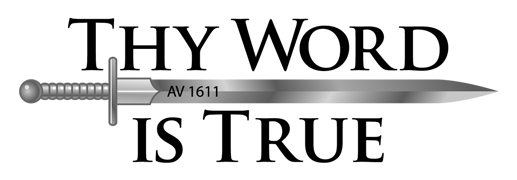How many horsemen??
1 Chronicles 18:4 - And David took from him a thousand chariots, and seven thousand horsemen, and twenty thousand footmen: David also houghed all the chariot horses, but reserved of them an hundred chariots.
In II Sam. David has 1,000 chariots, 700 horsemen, and 20,000 footmen.
In I Chron. David has 1,000 chariots, 7,000 horsemen, and 20,000 footmen.
How many horsemen were there??
Solution
|
Agree (5) Disagree (2) |
|
71% |
This contradiction seems to fall within semantic-confusion instead of actual mathematics. The average user reading these passages may see some relationship between both of the numbers.
One number is 10 times smaller than the other. The problem would be really wild if the numbers had no relationship whatsoever (like 2,134 and 8,221), which isn't the case. Also, many have felt that this is a simple scribal-error, putting forth the possible solution that as the scribes came across '7000' they may have accidentally written '700'. This isn't the case either, because they would have actually come across "Seven Thousand", which looks alot different than "Seven Hundred". You can't read "Thousand", and accidentally write "Hundred".
So what is the solution? To find that we need to look at first the relationship between the numbers, and we did - one is ten times smaller than the other. This would seem to draw our attention next to the subjects themselves, those troublesome horsemen.
It appears that 'horsemen' has a much broader definition in the King James bible than many people attribute to it today. Much like the words 'man', 'hair', 'moose' etc, 'Horsemen' can mean one or more of something.
If we view the passages under that light, they become complimentary, and not contradictory. If there were 7,000 individual men, which could be described as 700 men, then perhaps in one passage the author records 700 groups of men with ten men in each group, or maybe 10 groups of men, with 700 in each group.
Either way, 700 Horsemen does in fact equal 7,000 horsemen when you get your definition of 'horsemen' right.
Keep in mind that the other figures in these two passages (the footmen, chariots, and the reserves) are in complete agreement with each other.
When reading scripture, we must be sure what these types of words mean, and always keep a close eye when reading God's Word.
One thing to keep in mind is that juvenile mistakes like this would be nonexistent given the amount of attention and dedication to detail that the King James translators had.
Solution
|
Agree (3) Disagree (1) |
|
75% |
The King James Bible is correct in both instances. "700 Horsemen" refer to 700 companies of horsemen, with a company being 10. Obviously that makes 7000 total. There is no contradiction, just an imagined one.
